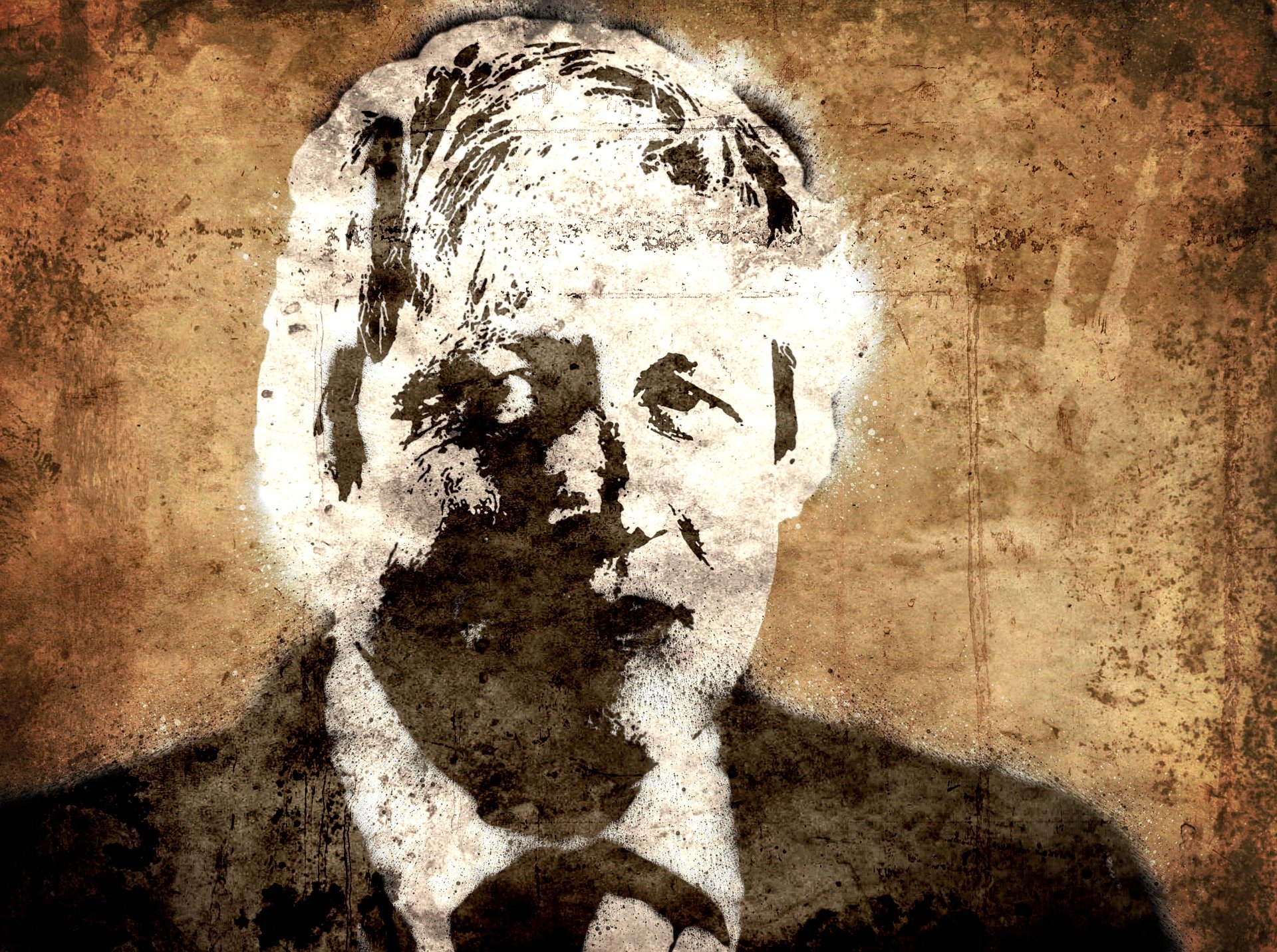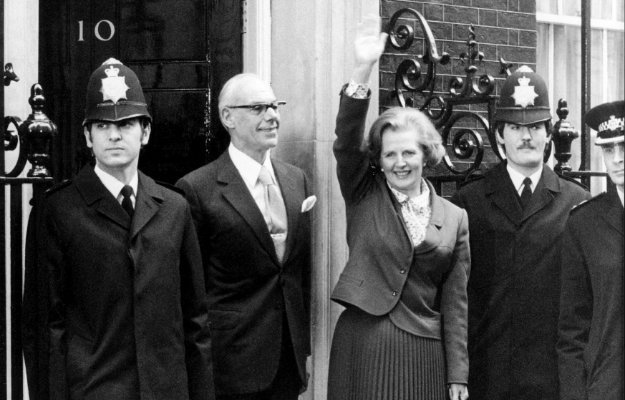Dr Ben Worthy, Senior Lecturer in Politics, analyses the fate of Boris Johnson, UK Prime Minister, following the allegations of illegal parties taking place in 10 Downing Street during the COVID-19 pandemic.
Boris Johnson is in trouble. Quite how much trouble is a matter of dispute. Amid the ever-unfolding ‘Partygate’ scandal are two questions which are central to his future: a moral question of if he should go, and the more political one of whether he will.
In terms of whether he should go, the answer from the public is a clear yes. A recent YouGov poll found that 63% of Britons think the Prime Minister should resign. Conservative party members are themselves deeply divided.
The Gray report itself, the report that isn’t a report but an ‘update’, pointed that way too. It was a masterpiece of saying a lot with a little. Even the title ‘Investigation into alleged gatherings on government premises during Covid restrictions: Update’ sounded ominous. It was very brief, but damning in what it did say, with a rather brilliant tone of measured moral disappointment:
“At least some of the gatherings in question represent a serious failure to observe not just the high standards expected of those working at the heart of Government but also of the standards expected of the entire British population at the time.”
It went on to speak of multiple failures:
“There were failures of leadership and judgment by different parts of No 10 and the Cabinet Office at different times. Some of the events should not have been allowed to take place. Other events should not have been allowed to develop as they did.”
Perhaps it’s my reading of it, but if I wanted to say ‘the Prime Minister should resign’ without saying it, that’s what I would write.
And what about the rules? The Ministerial Code, with an enthusiastic preface by Boris Johnson, states in section 1.3 C that:
‘It is of paramount importance that Ministers give accurate and truthful information to Parliament, correcting any inadvertent error at the earliest opportunity. Ministers who knowingly mislead Parliament will be expected to offer their resignation to the Prime Minister.’
Johnson stated on the 8th December 2021 in the House of Commons that “I have been repeatedly assured since these allegations emerged that there was no party and that no Covid rules were broken”. This sits rather uneasily with claims he was present at an Abba-themed party in his flat. Everything hinges on the words ‘knowingly’ and then whether Johnson would do as ‘expected’. In a system reliant on ‘good chaps’ rather than rigid rules, much depends on if Johnson would be one. I leave it to you.
This takes us to the question of whether he will leave. There’s a great deal we don’t know, and the politics seem to swing almost daily. At the time of writing only 11 Conservative MPs have called for Johnson to go but, less reassuringly, many more have criticised him. As for how many letters are now with the Conservative Private Members’ Committee, only Sir Graham Brady knows. David Bowie once said that “tomorrow belongs to those who can hear it coming”. The problem for Conservative MPs is that they can hear one future with Boris Johnson and one without.
Those MPs who support him claim that he will bounce back by changing himself or his policies. It is possible but unlikely. In personality terms, the behaviour took him to Downing Street, so it is very unlikely he is willing, or even able, to change. In policy terms, the much-waited for Wikipedia inspired ‘Levelling Up’ White Paper, which some thought could help re-launch him, seems to offer a spectacular front cover, many mayors but no money. The front cover of the ‘Benefits of Brexit’ paper seemed to say ‘that ship has sailed’.
For Conservative MPs who are less convinced, the major unknown is the Alice in Wonderland question: how deep does the hole they are falling down go? The number of parties keeps on growing. The Metropolitan Police have 300 photos and 500 documents containing who knows what. Here the Gray report was again, a perfect trap and a perfect example of the Streisand effect, where you draw attention to something by trying to hide it. Gray’s brief report simply flagged up how much more there was to know.
Taking a step back, I would argue that, beyond the daily speculation of letters and white papers, Johnson will go. He will go because his fundamentals are bad and worsening. Johnson is now a vote loser, even if he was never actually a real vote winner. His polling numbers are worse where it matters, and focus groups indicate his magic voter coalition is falling apart. The Conservative Party’s fate is now tied to him, and he is descending rapidly.
Yet, amid all the noise and unhappiness, the same day that four staff walked out the door of Downing Street, we missed the most important resignation in British politics.
Further information


